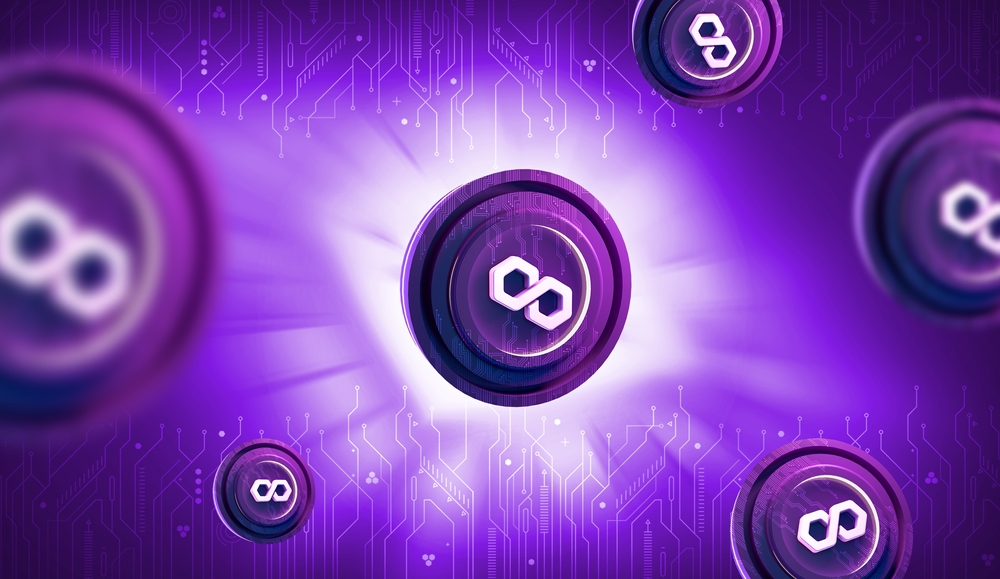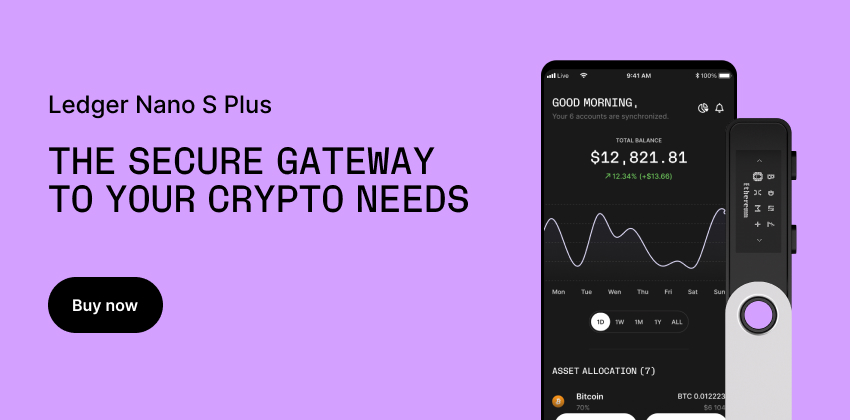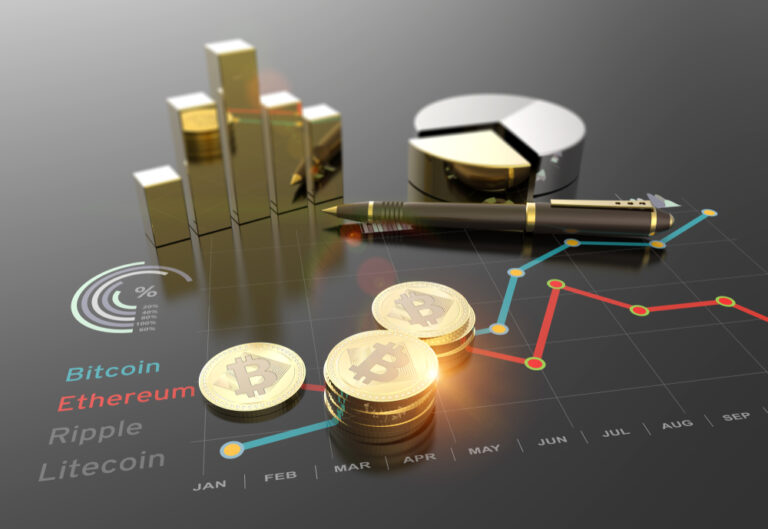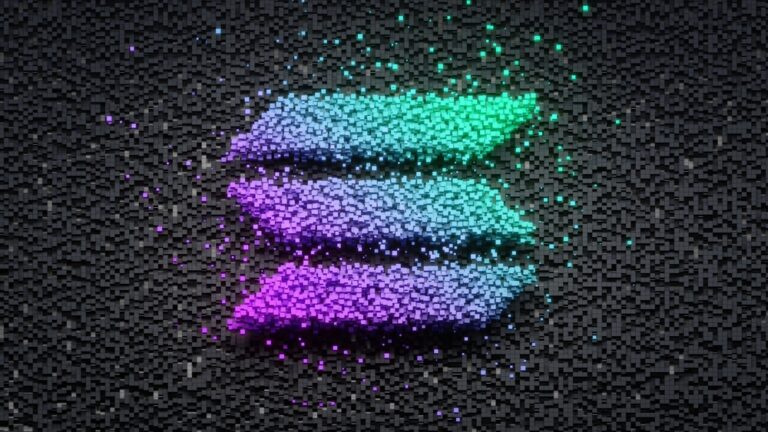Table of Contents
TogglePolygon Crypto Project: An Introduction to a Scalable and Secure Ethereum-Based Network
Polygon is a decentralized platform for the building, deployment and management of Ethereum-compatible blockchain networks. It is a Layer 2 scaling solution for the Ethereum blockchain, providing faster and cheaper transactions for decentralized applications. Polygon offers several key features and benefits, including lower transaction fees, faster confirmation times, and a more secure network, which makes it an attractive option for developers, businesses, and users who want to build and interact with decentralized applications on the Ethereum network.
Polygon's History and Development
Polygon was previously known as the Ethereum Network (Matic Network). The project was founded in 2017 by Jaynti Kanani, Anurag Arjun, and Sandeep Nailwal, with the goal of providing a scalable and secure solution for the Ethereum blockchain. In 2020, the team rebranded the project as Polygon to reflect its growing importance as a key infrastructure for decentralized applications on the Ethereum network.
The Polygon network operates as a multi-chain system, consisting of multiple interconnected chains that communicate with each other and with the Ethereum network. This allows for greater scalability and faster confirmation times, as transactions can be processed on the Polygon network and then verified on the Ethereum network. The Polygon network uses the Ethereum Virtual Machine (EVM) and supports smart contract development, allowing developers to build decentralized applications that are fully compatible with the Ethereum network.
Polygon's Key Features and Benefits
Scalability: One of the primary benefits of the Polygon network is its scalability. Transactions on the Polygon network are processed much faster than on the Ethereum network, with confirmation times of just a few seconds. This makes it possible to build and deploy decentralized applications with high levels of user engagement and transaction volume.
Lower Transaction Fees: Another key benefit of the Polygon network is its lower transaction fees. Transactions on the Ethereum network can be slow and expensive, particularly during periods of high demand. In contrast, Polygon offers much lower transaction fees, making it a more cost-effective solution for developers, businesses, and users.
Security: The Polygon network is designed to be a secure and reliable platform for building and deploying decentralized applications. The network uses a Proof-of-Stake (PoS) consensus mechanism, which provides a more secure and efficient method for verifying transactions. This makes it less vulnerable to 51% attacks and other forms of network manipulation.
Interoperability: The Polygon network is fully compatible with the Ethereum network, allowing for seamless communication and integration between the two networks. This means that decentralized applications built on the Polygon network can easily interact with the Ethereum network, providing a wider range of potential users and partners.
Decentralized Governance: The Polygon network is governed by its users, who have the ability to propose and vote on changes to the network. This helps to ensure that the network evolves in a way that meets the needs and expectations of its users, promoting long-term stability and growth.
Who are the competing projects and what are PolygonsPros and Cons?
Polygon has several competitors in the decentralized blockchain space, including:
- Binance Smart Chain (BSC): BSC is a fast, low-cost, and scalable blockchain network that is compatible with the Ethereum network. BSC offers faster transaction times and lower fees than Ethereum, making it a popular choice for decentralized applications.
Pros of Polygon compared to BSC:
- Polygon has a stronger focus on security, with its use of the Ethereum Virtual Machine (EVM) and its Proof-of-Stake (PoS) consensus mechanism.
- Polygon offers greater interoperability with the Ethereum network, allowing for seamless communication and integration between the two networks.
Cons of Polygon compared to BSC:
- BSC has a larger and more established user base, which can be an advantage for developers and businesses looking to reach a wider audience.
- BSC has a more centralized governance structure, which can lead to faster decision-making and implementation of changes.
- xDAI: xDAI is a fast, low-cost, and secure blockchain network that is fully compatible with the Ethereum network. It uses a Proof-of-Stake consensus mechanism and supports smart contract development.
Pros of Polygon compared to xDAI:
- Polygon offers a wider range of potential users and partners, due to its interoperability with the Ethereum network.
- Polygon has a decentralized governance structure, which allows for greater community involvement in the decision-making process.
Cons of Polygon compared to xDAI:
- xDAI has a more established track record of security and stability, which can be an advantage for developers and businesses looking to build secure and reliable decentralized applications.
- xDAI has a smaller user base, which can limit the potential reach of decentralized applications built on the network.
- Optimism: Optimism is a Layer 2 scaling solution for the Ethereum network, providing faster and cheaper transactions for decentralized applications. Optimism uses an Optimistic Virtual Machine (OVM) and supports smart contract development.
Pros of Polygon compared to Optimism:
- Polygon offers a more secure network, with its use of a Proof-of-Stake consensus mechanism.
- Polygon has a more established user base and community, providing a wider range of potential users and partners for decentralized applications.
Cons of Polygon compared to Optimism:
- Optimism has a more advanced and flexible scaling solution, with its use of the Optimistic Virtual Machine (OVM).
- Optimism has a stronger focus on innovation, with its active development of new technologies and solutions for the Ethereum network.
These are just a few of the competitors of Polygon, and each network has its own unique strengths and weaknesses. When choosing a network for decentralized application development, it is important to consider your specific needs and priorities, as well as the characteristics of each network, in order to make an informed decision.
Conclusion
Polygon is a promising project with a lot of potential to shape the future of decentralized applications and the Ethereum network. Its key features and benefits, including scalability, lower transaction fees, security, interoperability, and decentralized governance, make it an attractive option for developers, businesses, and users who want to build and interact with decentralized applications on the Ethereum network.
With its growing community and development team, Polygon is well positioned to continue improving and expanding its platform, providing a more secure, scalable, and accessible infrastructure for decentralized applications. Whether you are a developer, business, or user, Polygon offers a compelling
Here are some references and links for further information on Polygon and its competitors:
- Polygon Website: https://polygon.technology/
- Binance Smart Chain Website: https://www.binance.org/en/smart-chain
- xDAI Website: https://xdai.io/
- Optimism Website: https://optimism.io/
- Polygon Whitepaper: https://polygon.technology/whitepaper.pdf
- Binance Smart Chain Whitepaper: https://www.binance.org/resources/smart-chain-whitepaper.pdf
- xDAI Whitepaper: https://xdai.io/docs/whitepaper
- Optimism Whitepaper: https://optimism.io/whitepaper.pdf
Note: The information provided in these references and links is subject to change, and it is always recommended to conduct your own research and seek professional advice before making any investment decisions.








